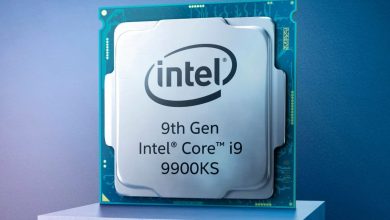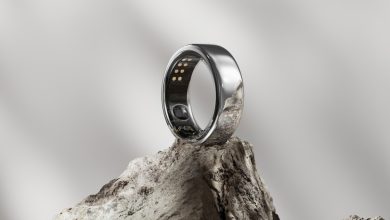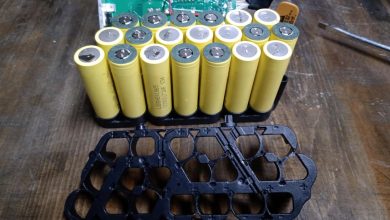How Many Neurons are in the Brain? Know Everything
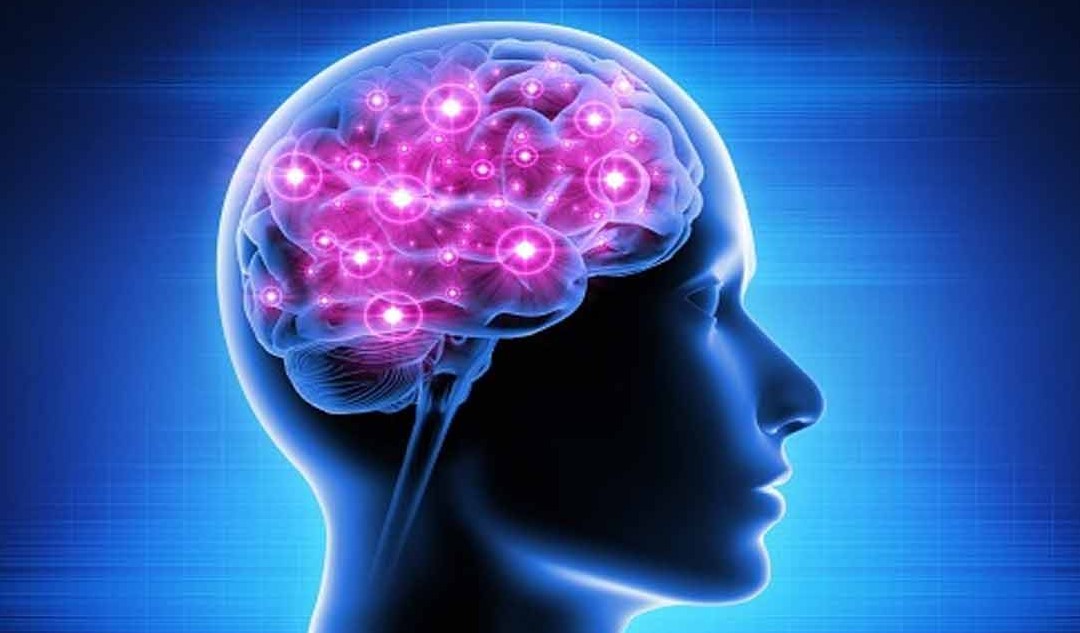
Older estimations claim that the human brain should have 100 billion neurons, while recent studies contend that the brain has fewer neurons than previously thought.
The neuronal network in the human brain is extremely intricate. The neurons that make up the nervous system carry signals from and to the brain and all across the body. You certainly anticipate that such a complicated process will require a lot of neurons, but how many neurons are present in a human brain?
Brain Neurons in the Human
Suzana Herculano-Houzel, a Brazilian researcher, recently found that these figures might not be correct. Even though the number is frequently used, she discovered nobody appeared to know its history.
She then decided to look into whether the number was accurate. On the surface, determining the number of neurons in the human brain appears to be very easy. You may easily calculate the surviving brain volume by taking a small portion of the brain, counting its neurons, and then extrapolating that data.
Counting Brain Cells
Suzanna Herculano Houzel, a neuroanatomist at the Comparative Neuroanatomy Lab at Vanderbilt University, started questioning leading neuroscientists about the origin of the number in 2003. Nobody could tell her where the initial information came from. She spent a lot of time looking through the scientific literature but couldn’t find a single source supporting the assertion.
She wasn’t a neuroanatomist at the time, didn’t have a lab, and didn’t have financing for her study. Employed by the Federal University of Rio de Janeiro. However, she had a healthy dose of scepticism and was curious whether anyone had accurately counted brain cells.
Kandel claimed that one of his coauthors wrote the chapter that claimed the 100 billion neurons, not himself. In 2004, no one fully knew the typical number of neurons discovered in the human brain. According to Herculano-Houzel, when asked where the number originated. One Hundred Billion Neurons author Roberto Lent was unable to respond.
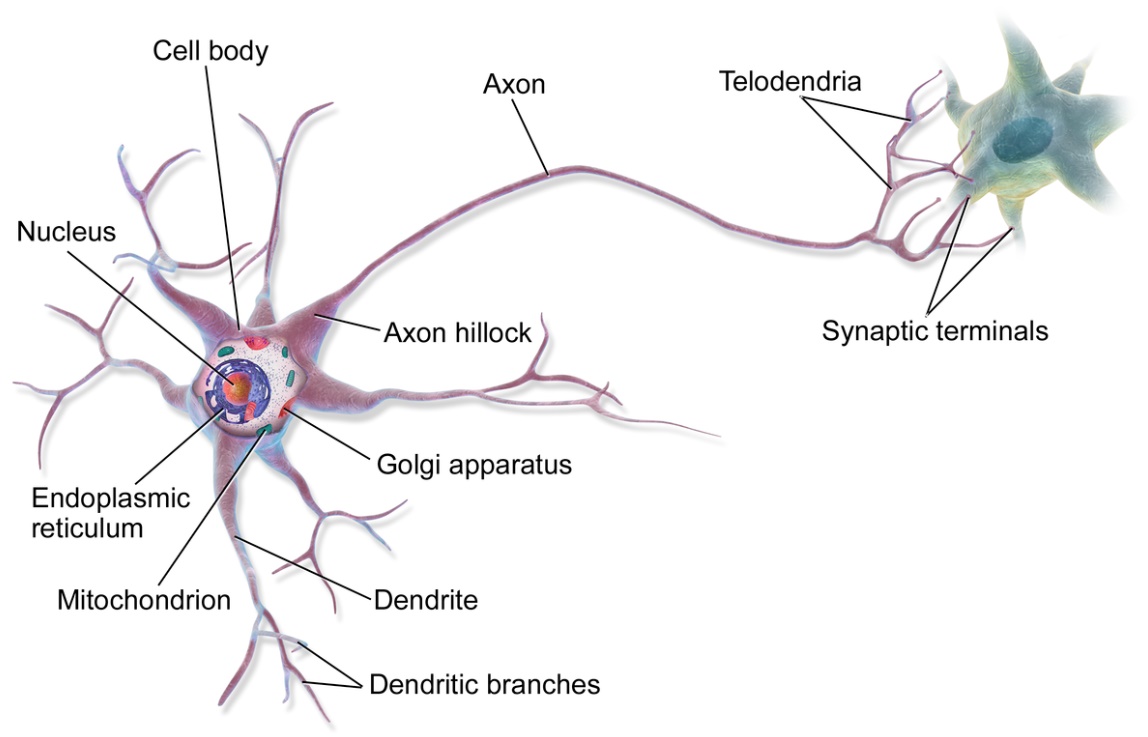
Concepts of Brain size, Intelligence and Number
Humans generally consider themselves the most intelligent animals on Earth, so the logic should follow if brain size is proportional to the number of neurons. “Smartness” is correlated, but we should have the largest brains of any species.
While it is true that we have the largest brain of any primate, the largest brain of any living animal on Earth can be found in a sperm whale. Our brain is about 1.5 kg, while theirs is about 8 kg. So, does this mean that sperm whales are smarter than us? Or maybe their brains are bigger but have lower neuron density and, therefore, less. Or maybe “smartness” is not directly related to the number of neurons but some other characteristic of neurons!
How Many Neurons Are in the Brain?
The heterogeneity of neurons’ distribution around the brain is a major obstacle when attempting to count them. In different architectures, the number of neurons might vary by up to 1,000 times. Different layers, even within a large construct, can contain various amounts of neurons. The human brain contains 86 billion neurons, with 16 billion neurons in the cerebral cortex.
The “isotropic fractionator” was finished after multiple attempts to create a valid, accurate system for counting brain cells. (That included calculating neurons and non-neuronal glia and serving as major brain cells.) The process results in what Herculano-Houzel calls “brain soup” by dissolving cell membranes while protecting nuclear membranes (each neuron has one nuclear membrane). Free-floating nuclei in the brain soup can be easily counted by taking very small amounts.
According to isotropic fractionator results, there are 85 billion non-neuronal cells and 86 billion neurons on average in the human brain (glial cells and endothelial cells). Herculano-Houzel responds to those who argue that “eighty-six is close to 100” and contends that the 100 billion is a credible order-of-magnitude estimate by pointing out that a whole baboon brain contains eleven billion. A considerable number of neurons—14 billion—exist. It becomes much more important when you think that each neuron could interconnect with thousands of other neurons.




